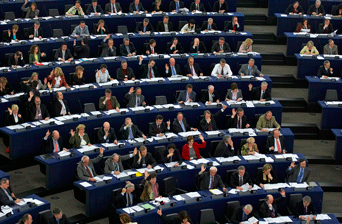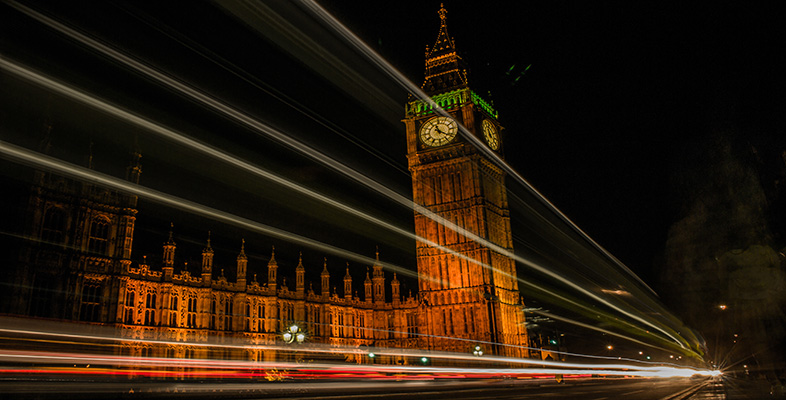2.1.4 Politics as the exercise of power
So far we have looked at definitions of politics that compelled us to consider whether politics is an activity related to the state and its institutions, or one that extends beyond it; whether its aim is conflict resolution and consensus building, or the embracing of conflict and dissensus. The next definition of politics we will examine compels us to consider yet another aspect of politics – the relationship between politics and power.
Some define politics quite simply as the exercise of power. This definition most clearly demonstrates two issues alluded to previously: the problem of definitions or, in other words, the issue of the contestability of concepts; and the limitation of the narrow–broad spectrum alluded to at the beginning of the chapter. Let’s attend to the issue of definitions first. Given what you have read about the distinction between politics and violence, you might already be thinking that the definition of politics as the exercise of power very much depends on how we define power. Political theorists have offered various definitions of power. The political scientist Robert A. Dahl (1915–2014) defined power as influence over the actions of others, arguing that, ‘A has power over B to the extent that he can get B to do something that B would not otherwise do’ (Dahl, 1957, pp. 202–3). Others, like the political theorist Steven Lukes, thought such a definition failed to capture additional, less overt dimensions of power, including the power to shape political agendas and preferences more broadly (Lukes, 1974). Still another definition of power, and thus also politics, was offered by the political scientist Harold Lasswell (1902–1978): politics is about ‘who gets what, when and how’ (Lasswell, 1936). Lasswell adds a distinctly economic dimension to politics, whereby politics involves the distribution of resources – or decisions on ‘who gets what’.

If politics is defined as the exercise of power, what one means by politics depends on how one defines power. Dahl’s relatively narrow definition of power (as the capacity to influence the actions of others) results in a relatively narrow definition of politics – as a game in which actors try to influence each other to get others to do what they would not otherwise have done. Lukes’ broader definition of power enables a broader definition of politics, whereby politics can also include less observable ways of exercising power such as the setting of agendas – be it parliamentary agendas that determine who gets to speak, for how long and on what issues, or news agendas that determine which issues are ‘newsworthy’ and will appear on the evening news, and which issues will not make the cut.
This brings us to the second problem – the limitation of the analytical framework we established for understanding politics. As you are probably beginning to see, in some cases, a definition of politics does not fit squarely under the ‘narrow’ or ‘broad’ rubric. Such is clearly the case with the definition of politics as the exercise of power. In this case, the exclusivity or inclusivity of politics depends on how we define power. However, it also depends on whether or not we consciously limit the scope of politics to include only particular actors and places. We might arrive at a narrower definition of politics if we limit the actors whose exercise of power we are interested in, or the spaces in which they exercise power. We could, for instance, define politics as the exercise of power by politicians, or as power exercised within the institutions of the state. This would considerably narrow our understanding of politics. Alternatively, we might considerably broaden the definition by arguing that politics takes place whenever and wherever power is exercised. On such a definition, we could point to the politics of playgrounds, where children negotiate who gets to play and with what toys, or politics in the home, when partners negotiate who does which chores or when parents discipline their children.
The point here is this: defining politics as the exercise of power can lead to narrower or broader definitions of politics, depending on our definition of power, but also on the parameters we set – regarding the content of politics (its relationship to the state, for instance, which would considerably narrow its scope), or the actors and spaces involved. Thus, the narrow–broad spectrum, although a useful organisational tool, can only take us so far.
